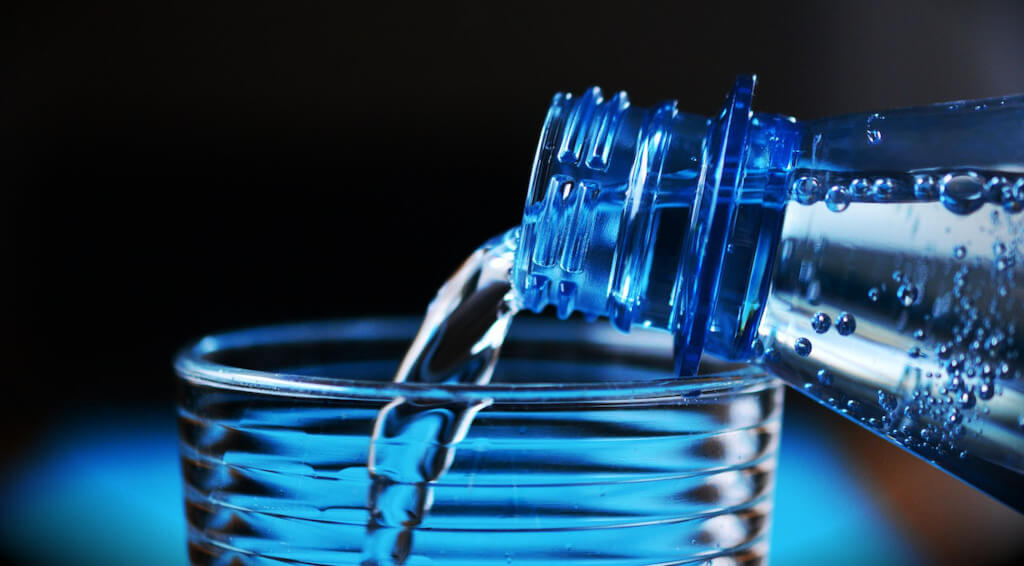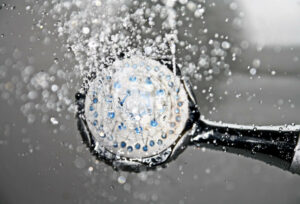The human body cannot operate to its full potential without sufficient amounts of water. In contrast to our forefathers, we do not need to limit ourselves to drinking only water in order to quench our thirst. In today’s world, we have access to a wide variety of flavors and types of water. But do these different kinds of water provide the body with the same level of hydration as plain old water?
The most recent development in the world of health and wellness is the trend of drinking sparkling waters. These waters provide all of the fizzy delight of a soda without any of those terrible calories. The popularity of sparkling water has grown to the point that The Guardian described it as “nothing short of a religion among Millenials.” But could the consumption of carbonated water beverages, with all of its supposedly “guilt-free” bubbly waters, actually be detrimental to one’s health?
You need to be on the lookout for other components that may have been added to certain carbonated water refreshments, most notably flavored carbonated water drinks. However, carbonated water is simply regular water that has been treated with carbon dioxide gas. This is its most basic form.
What Exactly is Meant by “Carbonated Water”?
In most cases, carbonation can occur naturally, such as in the case of mineral water collected from a spring. Similarly, it is manufactured artificially by combining water and carbon dioxide in the appropriate proportions. The carbonation cycle results in the formation of those innocuous little bubbles. Carbonic acid, a weak acid that does not contribute to an increase in the overall acidity of your body, is another byproduct of this process.
Different Varieties of Carbonated Water
There are a few different kinds of carbonated water, and each of them can be used to a variety of different things.
Club Soda
There is an excessive amount of sodium present in this product, such as table salt, sodium bicarbonate, or potassium bicarbonate. The sort of sodium-containing chemical that is added and the amount that is added varies depending on the bottle or the manufacturer. It’s common practice to mix alcoholic drinks with club soda as a mixer.
Flavored Sparkling Water
The term “flavored sparkling water” refers to a type of carbonated beverage that also contains salt, citric acid, and caffeine in addition to the natural sugars that were added. It’s possible that drinking sparkling water rather than soda is the healthier choice.
Seltzer Water
Carbon dioxide gas is added to normal tap water to create seltzer water. It is a more healthful alternative to drinking soda and can make drinking water a little more interesting at the same time. Seltzer has a flavor that is energizing and is widely used as a mixer in alcoholic drinks due to its versatility. There are flavored additions available in certain brands of bottled seltzer water.
A Gin and Tonic
Tonic water is simply carbonated water to which sugar and flavorings have been added. To be honest, there’s not much of a noticeable difference between drinking tonic water and drinking soda. Tonic water is not the healthiest option because it contains extra sugar and calories that don’t contribute anything to the body. It is most commonly lauded for its application in the preparation of a gin and tonic.
Is It a Healthy Beverage to Consume?
Some people believe that drinking carbonated beverages of any kind can lead to poor bone health, tooth decay, irritable bowel syndrome (IBS), and weight gain. Others believe that carbonated beverages have no effect on these conditions. Is there any truth to any of these allegations?
Carbonated Drinks and the State of Your Teeth
The acidity of carbonated water is at the heart of the debate regarding the health effects of this water on teeth. In 2016, the Journal of the American Dental Association (JADA) published a study that analyzed the pH levels of 379 different beverages. The study broke down the levels of each beverage individually. The pH of springwater was 7.4, making it neutral, while the pH values of several brands of carbonated water were around 5, placing them firmly in the acidic region. Springwater had a higher alkalinity than carbonated water.
Carbonated beverages with added sugar and citrus acid have also been linked to tooth decay in several scientific studies. Drinking simple carbonated water on a regular basis can help reduce the incidence of dental decay (for example, seltzer). There is no evidence to suggest that the carbonation cycle, on its own, makes tooth enamel more susceptible to erosion. In any event, the risk of tooth decay is increased when carbonated waters are formulated with components such as sugar, acids, and sodium.
Carbonated Water and the Function of Your Digestive System
Another hypothesis proposes that irritable bowel syndrome could be brought on by drinking carbonated beverages (IBS). The World Journal of Gastroenterology estimates that IBS affects anything from 9 to 23 percent of the world’s population. According to the findings of a number of research, irritable bowel syndrome (IBS) is not caused by carbonated fluids; nonetheless, these waters may make the symptoms of the illness more severe in certain people.
Gain in Weight
There are also hypotheses that suggest drinking carbonated water can cause one to acquire weight. There is no evidence to suggest that drinking simple sparkling water causes weight gain; nevertheless, several brands of sparkling water are laden with artificial acids, tastes, sodium, and sweets. According to a number of studies, the ingredients that are added to carbonated drinks frequently include calories that are not immediately apparent, which contributes to weight gain.
A Conclusion
As long as the water does not contain any other compounds, it has the same capacity to hydrate as plain old water. If you enjoy drinking mineral water, studies have shown that drinking this kind of water, which has a greater calcium and bicarbonate content, provides better hydration during strenuous physical activity.
Sparkling water can cause bloating, gas, and burping, so drinking it while exercise is a matter of personal preference rather than necessity. It’s possible that drinking more carbonated water can help you reach your daily fluid consumption goals given that you enjoy the fizzy feel. If drinking carbonated water is an option for you, you should think about putting some of your money toward purchasing a machine that will allow you to create it on your own. Aside from that, carbonated waters are perfectly fine; however, you should always check the label to make sure there aren’t any unwanted additives included.



